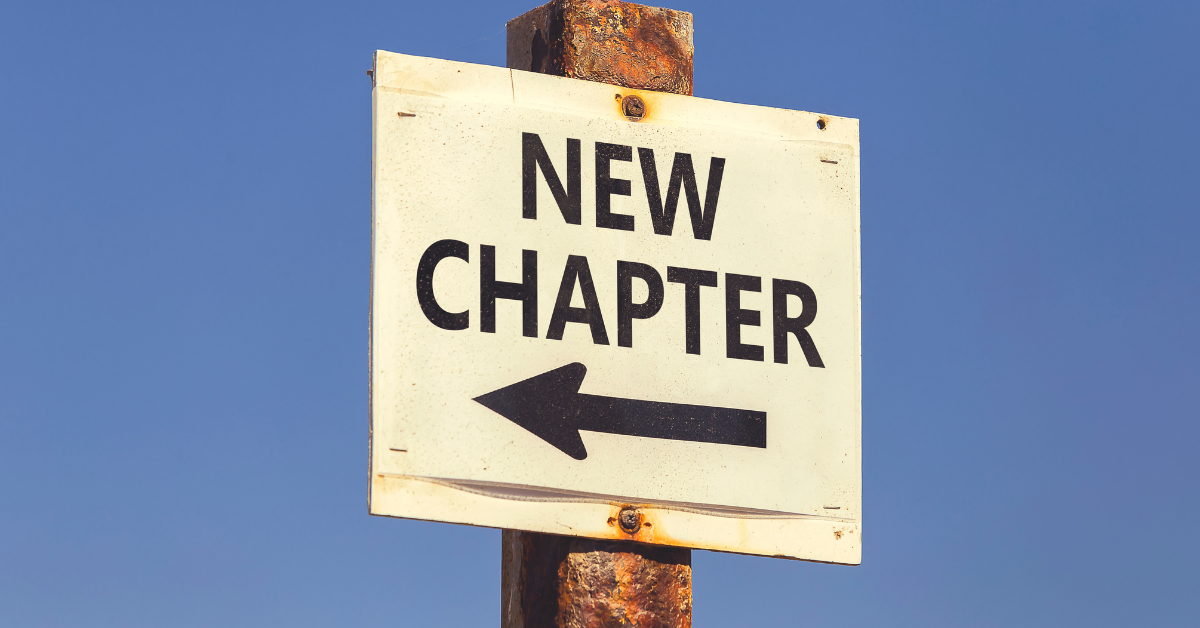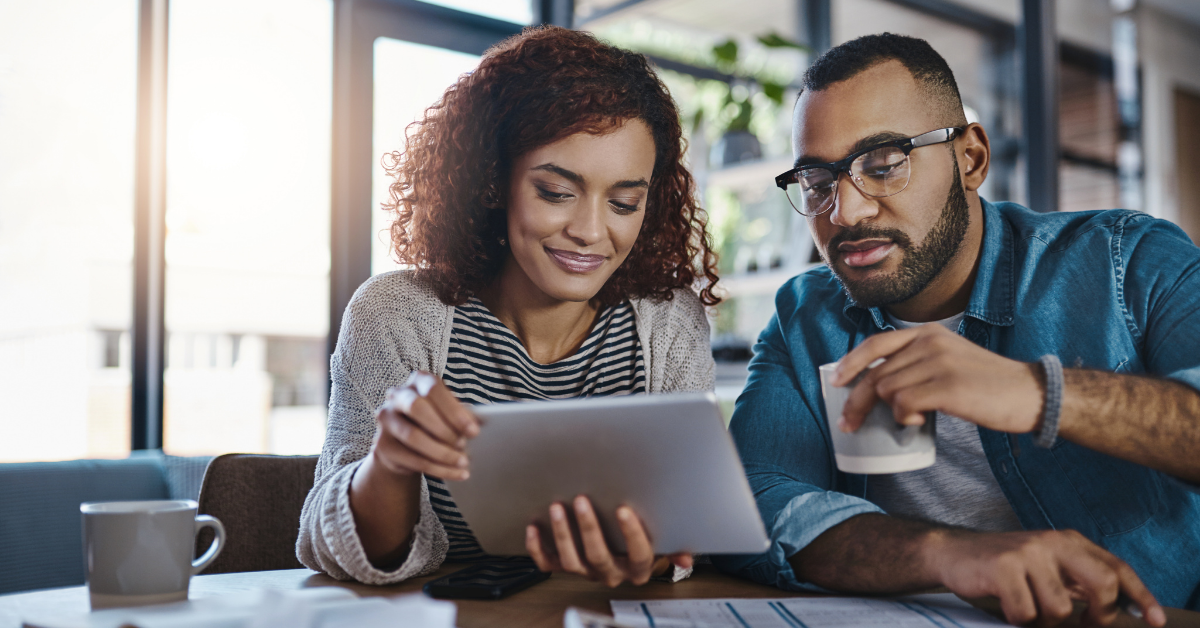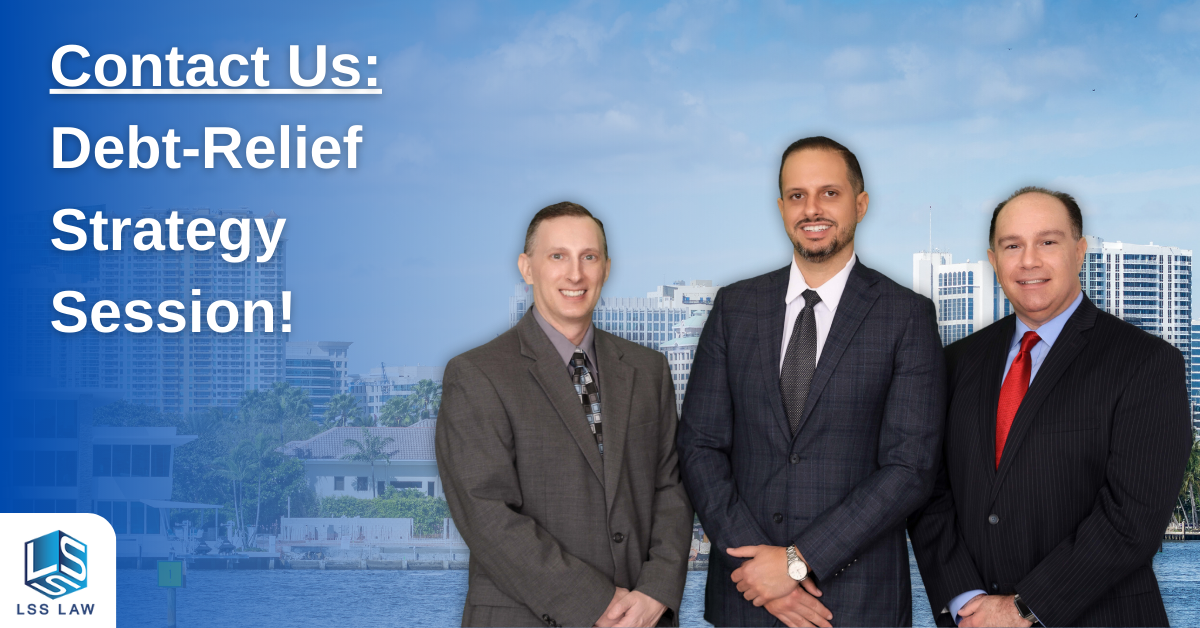Dealing with debt can be overwhelming and stressful, but it’s essential to remember that you’re not alone. Many people in Florida, just like you, are struggling with debt and looking for a way out. One option to consider is a bankruptcy filing with Chapter 7 bankruptcy, which can provide a fresh start and help eliminate most of your unsecured debts. But how long does bankruptcy Chapter 7 last, and what are the consequences? This comprehensive guide will answer these questions and provide you with the information you need to make an informed decision.
About Bankruptcy Chapter 7 Duration

Chapter 7 bankruptcy, also known as liquidation bankruptcy, is a legal process that allows you to eliminate most of your unsecured debts, such as credit card debt, medical bills, and personal loans. When declaring bankruptcy Chapter 7, a bankruptcy trustee is appointed to oversee your case and liquidate (sell) any nonexempt assets to pay off your creditors. The bankruptcy court then grants a discharge order, which eliminates your remaining eligible debts and provides you with a fresh start.
The Timeline of Chapter 7 Bankruptcy
The length of time a Chapter 7 bankruptcy case takes to complete can vary depending on your specific circumstances and the complexity of your case. However, most filers can expect the process to take approximately four to six months from the filing date to the discharge date. Here’s a general overview of the timeline:
- Filing Date: You begin the bankruptcy process by filing your bankruptcy forms and paperwork with the bankruptcy court. This includes a credit counseling course certificate, which you must complete within 180 days before filing.
- Bankruptcy Stay: Once you file, an automatic bankruptcy stay goes into effect, which temporarily stops most collection actions against you, such as lawsuits, wage garnishments, and phone calls from creditors.
- Trustee Appointed: The court appoints a bankruptcy trustee to oversee your case, review your financial situation, and sell any nonexempt assets to pay off your creditors.
- Meeting of Creditors: About 20-40 days after filing, you must attend a meeting of creditors (also known as a 341 meeting) where the trustee and any interested creditors can ask you questions about your financial situation and bankruptcy paperwork.
- Debtor Education Course: Before receiving your discharge, you must complete a debtor education course (also known as a financial management course) and file a certificate showing completion with the court.
- Discharge Order: If there are no creditor challenges or other complications, the court will issue a discharge order, which eliminates your eligible debts and marks the end of your Chapter 7 bankruptcy case.
How Long Does Bankruptcy Chapter 7 Stay on Your Credit Report?
While the bankruptcy process itself may only take a few months, the impact on your credit report lasts much longer. A Chapter 7 bankruptcy will remain on your credit report for 10 years after the filing date. During this time, it may be more challenging to obtain credit, rent an apartment, or even find a job. However, as time passes, the negative impact of bankruptcy on your credit score will gradually diminish, and you can begin rebuilding your credit by practicing good financial habits.
The Difference Between Chapter 7 and Chapter 13 Bankruptcy

Before deciding to file for Chapter 7 bankruptcy, it’s crucial to understand the differences between Chapter 7 and Chapter 13 bankruptcy. While both types of bankruptcy can help you eliminate debt, they work in different ways and have different impacts on your credit report:
- Chapter 7 Bankruptcy: As mentioned earlier, Chapter 7 bankruptcy involves liquidating nonexempt assets to pay off creditors and discharging eligible debts. It remains on your credit report for 10 years after the filing date.
- Chapter 13 Bankruptcy: Chapter 13 bankruptcy, also known as a wage earner’s plan, allows you to create a repayment plan to pay off your debts over a period of three to five years. This type of bankruptcy is more suitable for those with regular income who can commit to a structured repayment plan. Chapter 13 bankruptcy stays on your credit report for seven years after the filing date.
Consulting with a bankruptcy attorney can help you determine which type of bankruptcy is the best option for your specific financial situation.
Navigating the Bankruptcy Process with Professional Help
Filing for Chapter 7 bankruptcy can be a complex and time-consuming process, but you don’t have to navigate it alone. Working with an experienced bankruptcy attorney can help ensure that your case is handled correctly and efficiently. They can provide guidance on the following aspects:
- Determining whether you qualify for Chapter 7 bankruptcy based on the means test and other eligibility requirements.
- Identifying and claiming the appropriate exemptions to protect your assets.
- Preparing and filing the necessary bankruptcy forms and paperwork.
- Representing you at the meeting of creditors and addressing any creditor challenges or court-related issues.
By seeking professional help, you can feel confident that your bankruptcy case is being handled with care and expertise, allowing you to focus on rebuilding your financial future.
Credit Counseling and Debtor Education Courses
As part of the Chapter 7 bankruptcy process, you are required to complete a credit counseling course and a debtor education course. These courses are designed to help you better understand your financial situation, learn how to manage your debts, and make informed decisions about your financial future.
- Credit Counseling Course: This course must be completed before you file for bankruptcy. It helps you evaluate your financial situation, explore alternatives to bankruptcy, and create a personalized budget plan. The goal of this course is to ensure that you have considered all your options before deciding to file for bankruptcy.
- Debtor Education Course: After filing for bankruptcy, you must complete a financial management course before receiving your discharge order. This course teaches you essential financial management skills, such as budgeting, saving, and using credit wisely. The knowledge gained from this course will be invaluable in helping you avoid future financial difficulties and maintain a healthy credit score.
Make sure to choose an approved provider for these courses and retain the certificates showing completion, as they will need to be submitted to the bankruptcy court.
Dealing with Non-Dischargeable Debts in Chapter 7 Bankruptcy
While Chapter 7 bankruptcy can help you eliminate many unsecured debts, it’s essential to be aware that some debts are considered non-dischargeable. These debts will remain your responsibility even after your bankruptcy case is closed. Some common non-dischargeable debts include:
- Child support and alimony obligations
- Certain tax debts
- Student loans (unless you can prove undue hardship)
- Debts resulting from fraud, embezzlement, or theft
- Debts arising from personal injury or death caused by intoxicated driving
It’s crucial to understand which debts will not be discharged in your bankruptcy case so that you can plan accordingly and prioritize repayment of these obligations once your other debts have been eliminated.
Tips for Maintaining a Healthy Credit Score After Bankruptcy

Rebuilding your credit after bankruptcy may seem like a daunting task, but with persistence and good financial habits, it’s possible to achieve a healthy credit score again. Here are some tips to help you on your journey to credit recovery:
- Regularly monitor your credit report: Ensure that your discharged debts are accurately reported, and promptly dispute any errors or inaccuracies.
- Pay your bills on time: Establishing a consistent payment history is crucial for rebuilding your credit score. Make sure to pay all your bills on time, even if it’s just the minimum payment.
- Maintain a low credit utilization ratio: Try not to max out your available credit, as a high credit utilization ratio can negatively impact your credit score. Aim to keep your credit utilization below 30% of your available credit.
- Apply for a secured credit card or credit-builder loan: These options can help you establish new credit and demonstrate responsible borrowing habits. Make sure to make timely payments and keep your balances low.
- Diversify your credit mix: Having a mix of different types of credit, such as installment loans and revolving credit, can positively impact your credit score. However, only take on new credit if you can manage it responsibly.
By following these tips and staying committed to responsible financial management, you can rebuild your credit score and enjoy a fresh start after bankruptcy.
Examining the Chapter 7 Bankruptcy Means Test
To qualify for Chapter 7 bankruptcy, you must pass the means test, which compares your income to the median income for a household of your size in Florida. The means test calculates your disposable income by subtracting your necessary living expenses from your monthly income. If your disposable income is below a certain threshold, you may qualify for Chapter 7 bankruptcy.
The purpose of the means test is to ensure that only individuals who genuinely cannot repay their debts are eligible for Chapter 7 bankruptcy. If your income is too high to qualify for Chapter 7, you may still be eligible for Chapter 13 bankruptcy, which involves a repayment plan over three to five years.
It’s essential to accurately complete the means test and provide the necessary documentation to support your income and expense claims. An experienced bankruptcy attorney can help you navigate the means test and determine your eligibility for Chapter 7 bankruptcy.
Protecting Your Assets: Florida Exemptions in Chapter 7 Bankruptcy
When you file for Chapter 7 bankruptcy, some of your assets may be sold to repay your creditors. However, Florida law provides certain exemptions that can protect your property from being liquidated. Some of the most common Florida exemptions include:
- Homestead exemption: This protects an unlimited amount of equity in your primary residence, with size limitations based on the location of the property.
- Motor vehicle exemption: Up to $1,000 in vehicle equity is protected under Florida law.
- Retirement accounts: Most retirement accounts, such as 401(k)s and IRAs, are exempt from liquidation in a Chapter 7 bankruptcy.
- Personal property exemption: Florida allows for a limited exemption of personal property, including household goods, furniture, and clothing.
- Wildcard exemption: Florida’s wildcard exemption allows you to protect additional personal property if you do not use the full homestead exemption.
It’s important to consult with a bankruptcy attorney to understand how Florida’s exemptions apply to your specific situation and ensure that your assets are protected as much as possible during the bankruptcy process.
The Automatic Stay: A Temporary Relief from Creditors
One of the immediate benefits of filing for Chapter 7 bankruptcy is the automatic stay. This is a legal protection that goes into effect as soon as you file your bankruptcy paperwork with the court. The automatic stay temporarily stops most collection actions against you, including:
- Creditor phone calls and letters
- Wage garnishments
- Bank account levies
- Foreclosure proceedings
- Repossession of property
The automatic stay provides you with some breathing room to focus on the bankruptcy process and work with your attorney to develop a plan for your financial future. However, it’s important to note that the automatic stay does not protect you from certain actions, such as child support or alimony enforcement.
Keep in mind that the automatic stay is only a temporary protection. Once your bankruptcy case is completed and your debts are discharged, the stay will be lifted, and any remaining non-dischargeable debts will still need to be addressed.
How Long Does Bankruptcy Chapter 7 Last – Your Questions Answered
How long does it take to complete a Chapter 7 bankruptcy?
The process of completing a Chapter 7 bankruptcy usually takes between four to six months from the date of filing to the date of discharge. This timeline can vary depending on the specific details of your case, including the complexity of your financial situation and how quickly the bankruptcy court can process your paperwork.
How long will a Chapter 7 bankruptcy stay on my credit report?
A Chapter 7 bankruptcy will stay on your credit report for ten years from the filing date. This means that for a decade, any potential lenders will be able to see that you filed for bankruptcy. This could affect your ability to obtain new credit, rent an apartment, or even get a job.
Can I rebuild my credit before the bankruptcy is removed from my credit report?
Despite having a bankruptcy on your credit report, you are not prohibited from rebuilding your credit. You can start this process even before the bankruptcy is removed from your credit report. This can be done by practicing good credit habits such as paying all your bills on time, maintaining a low credit utilization ratio, and not applying for too much new credit at once.
Is there a difference in the impact on my credit report between Chapter 7 and Chapter 13 bankruptcy?
There is a difference in the impact on your credit report between Chapter 7 and Chapter 13 bankruptcy. A Chapter 7 bankruptcy will stay on your credit report for ten years, while a Chapter 13 bankruptcy, often referred to as a wage earner’s plan, will stay on your report for seven years. This is because in a Chapter 13 bankruptcy, you repay some or all of your debts over a three to five-year period.
What is the role of the bankruptcy trustee in a Chapter 7 case?
In a Chapter 7 bankruptcy case, the bankruptcy trustee plays a crucial role. They are responsible for reviewing your financial information, including your assets and liabilities. They also liquidate non-exempt assets, which means they sell off these assets to generate funds. These funds are then distributed to your creditors in an effort to repay some of your debt and achieve some debt relief.
Are there any debts that cannot be discharged in a Chapter 7 bankruptcy?
While a Chapter 7 bankruptcy can discharge, or erase, many of your debts, there are certain types of debt that are typically not dischargeable. These include student loans, child support, alimony, and certain tax debts. This means that even after filing for bankruptcy, you may still be responsible for paying these debts.
Contact Us to Learn More About Chapter 7 Bankruptcy

If you’re struggling with debt and considering bankruptcy as a solution, it’s essential to have the right information and guidance to make the best decision for your financial future. At LSS Law, we’re committed to helping people just like you finally remove the financial monkey from their back and open the door to a brighter future. Contact us today to schedule a free consultation for personal bankruptcies (Chapters 7 and 13) at our Fort Lauderdale or Miami locations. You can reach us by phone at (954) 466-0541 or through our website at https://lss.law/contact-us/. Don’t let bankruptcy hold you back from the fresh start you deserve – let our experienced team guide you through the process and help you regain control of your financial life.






